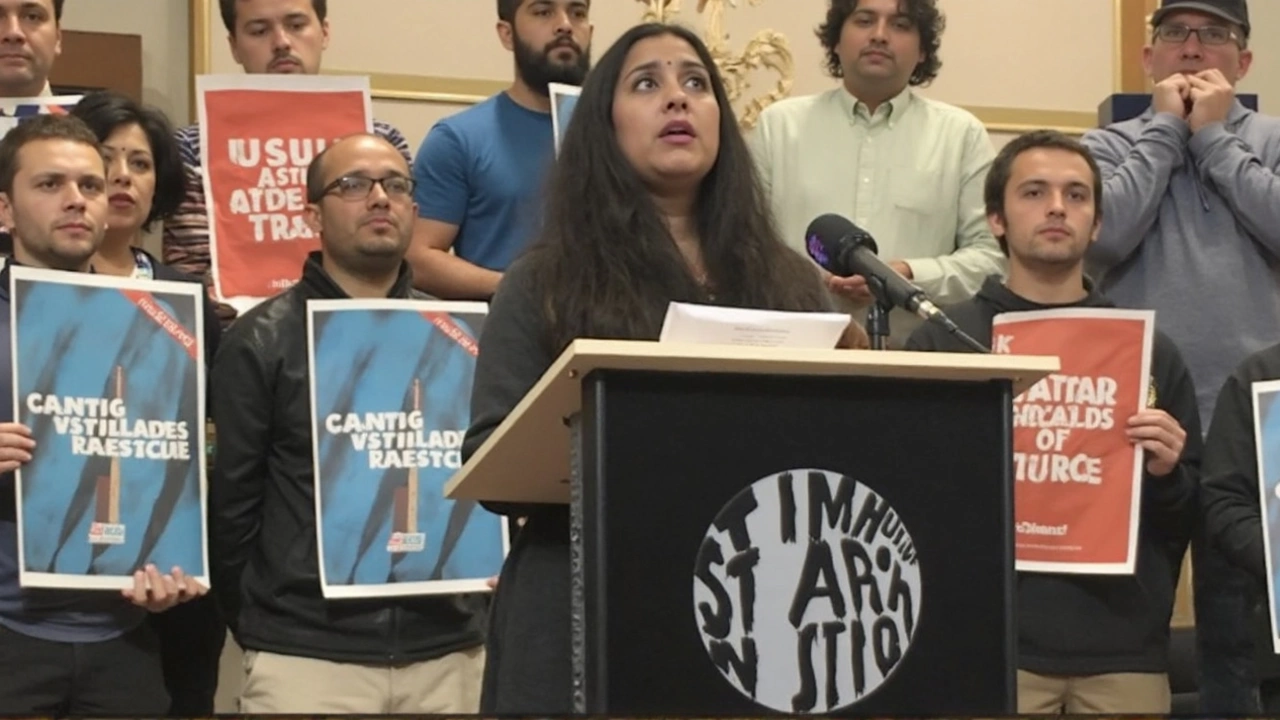Political Retaliation: How It Affects Your Startup and What to Do About It
Ever heard a founder say the government is suddenly blocking their permits after they criticized a policy? That’s political retaliation in action. It’s when officials use their power to punish businesses for speaking out, supporting opponents, or simply not falling in line. For a young company, a single decision can mean delayed approvals, hefty fines, or a sudden loss of market access.
Why does this happen? Politicians want to send a message that dissent won’t be tolerated. In India’s fast‑moving ecosystem, a vocal founder can become a target if their views clash with the ruling party’s agenda. The result? A slowdown that can choke cash flow, scare investors, and even force a pivot.
Spotting the Red Flags
First, watch the patterns. If a regulatory body that previously processed your applications within days now takes weeks, or if you get unexpected inspections, it could be a warning sign. Keep an eye on media coverage—if your startup or its leadership is suddenly in the political spotlight, the risk spikes. Also, note any changes in local policies that seem oddly timed with your public statements.
Second, track your network. If partners or suppliers start receiving pressure from officials, they might pass that on to you. A sudden loss of a key vendor without a clear reason is often more than a simple business decision.
Practical Ways to Shield Your Business
1. Stay compliant, but smart. Keep all filings up‑to‑date, but avoid over‑exposing your stance on hot political issues unless you’re prepared for the fallout. Use neutral language in public communications.
2. Build a strong legal team. A lawyer familiar with administrative law can quickly contest unfair actions and file appeals before damage mounts.
3. diversify your market. Relying on a single state or city makes you vulnerable. If possible, expand to regions with more stable regulatory environments.
4. Maintain a low‑profile investor base. While transparency is important, consider the political leanings of your major backers. A diversified investor pool can cushion against pressure on one particular fund.
5. Engage in constructive dialogue. Meet with local officials privately to explain your business model and its benefits. Showing that you’re a job creator can turn a potential adversary into an ally.
6. Prepare crisis communication. Have a ready‑to‑go plan that explains any regulatory hiccup to customers and employees without inflaming the situation.
Remember, political retaliation doesn’t have to cripple your startup. By staying alert, keeping good legal counsel, and diversifying your operations, you can reduce the risk and keep growing even when the political winds shift.
At the end of the day, the best defense is a mix of compliance, strategic silence on contentious topics, and strong relationships with both the market and the regulators. Stay savvy, and your venture can weather the storm.
Indian Consulate Rejects Kshama Sawant's Visa Twice, Alleging 'Reject List' Concerns
The Indian consulate in Seattle twice denied an emergency visa to Kshama Sawant in 2024, citing her inclusion on a 'reject list.' Critics view this as political retaliation due to her stance against India's policies. Sawant sought the visa to visit her ill mother in India, while her husband was granted entry. She plans legal actions and protests, aligning with other Modi critics facing similar issues.
